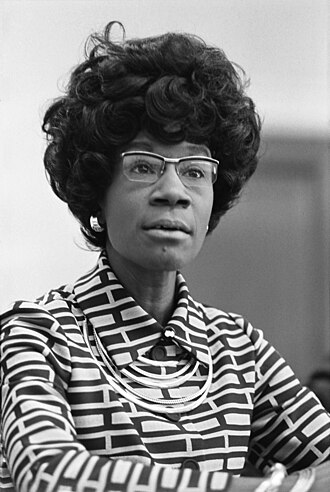 I just finished reading two books that made me realize that some people’s ideas about how to exercise power date back to the First Millennium of the Common Era.
I just finished reading two books that made me realize that some people’s ideas about how to exercise power date back to the First Millennium of the Common Era.
One of those books was Maria Dahvana Headley’s wonderful new translation of Beowulf, and the other was Nicola Griffith’s Hild, historical fiction about the life of St. Hilda.
I have read other versions of Beowulf. Hild was a re-read for me. Looking at both of these stories in light of current political crises and my recent reading of Daniel Lord Smail’s On Deep History and the Brain made me hyper aware that the concept of power held by the pathetic excuse for a U.S. president we’re stuck with until January 20, 2021, is similar to that of the kings (or, more accurately, warlords) in 6th Century Scandinavia and 7th Century Britain.
Headley’s Beowulf begins with the word “Bro,” putting a modern edge on the drunken boasting and over-valuing of physical strength and fighting inherent in the epic. That tone, coupled with the constant references to the warriors’ daddies and the repeated line “That was a good king” made me begin to reflect on those kings as warlords with a gang of toughs around them who started wars with others of their ilk.
Hild begins with the title character at the age of three, just after her father, a prince, has been murdered to secure someone else’s power. Over the course of the book she becomes the seer and advisor to her uncle, King Edwin, who is striving to rule a larger and larger part of Britain.
In Smail’s book, he speaks of the castellans, who took over castles and hired thugs to defend them in the 11th and 12th Centuries, tormenting the people around them. In Hild we see even the noble women (not to mention the ordinary folks and all those enslaved) doing much of the work to keep the society working ¾ working in the dairy; spinning, weaving, dyeing, and sewing so that people had clothes; healing the sick ¾ while the king and his warriors train for battle or sit around getting drunk.
Beowulf does not show us the common people who make the society work, but the tone of Headley’s translation made me think about them.
So many of our histories are about all the wars, but the true building of our societies is rooted in the work of those who were not out trying to take over a neighboring king. Continue reading “Real Life Imitates History”…

 On March 13, I filled the car with gas because we were planning a trip to visit my sweetheart’s mother for her 90th birthday. But the next day we both woke up feeling a little under the weather, so we decided we shouldn’t go.
On March 13, I filled the car with gas because we were planning a trip to visit my sweetheart’s mother for her 90th birthday. But the next day we both woke up feeling a little under the weather, so we decided we shouldn’t go. The first vote I ever cast in a presidential election was in 1972 for Shirley Chisholm.
The first vote I ever cast in a presidential election was in 1972 for Shirley Chisholm. . My readers may remember the series of posts, “In Troubled Times,” as I walked/crawled/screamed through my reactions to the unfolding events of the 2016 election. A more current version would be entitled, “In Perilous Times,” and has been on my mind. To get the discussion started, here are some thoughts on how the right-wing media and conspiracy theorists spread disinformation that resulted in a much worse pandemic in the US.
. My readers may remember the series of posts, “In Troubled Times,” as I walked/crawled/screamed through my reactions to the unfolding events of the 2016 election. A more current version would be entitled, “In Perilous Times,” and has been on my mind. To get the discussion started, here are some thoughts on how the right-wing media and conspiracy theorists spread disinformation that resulted in a much worse pandemic in the US.